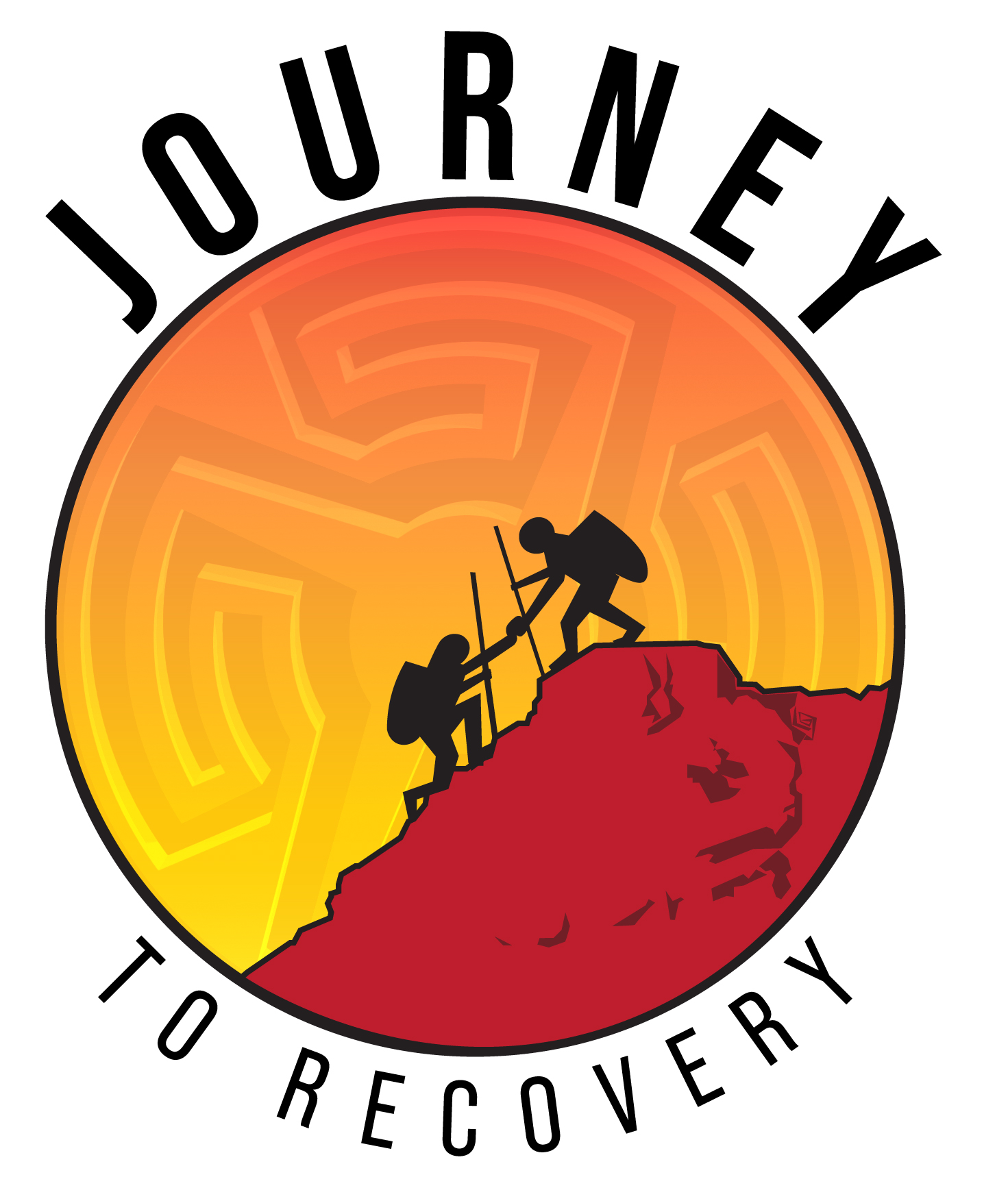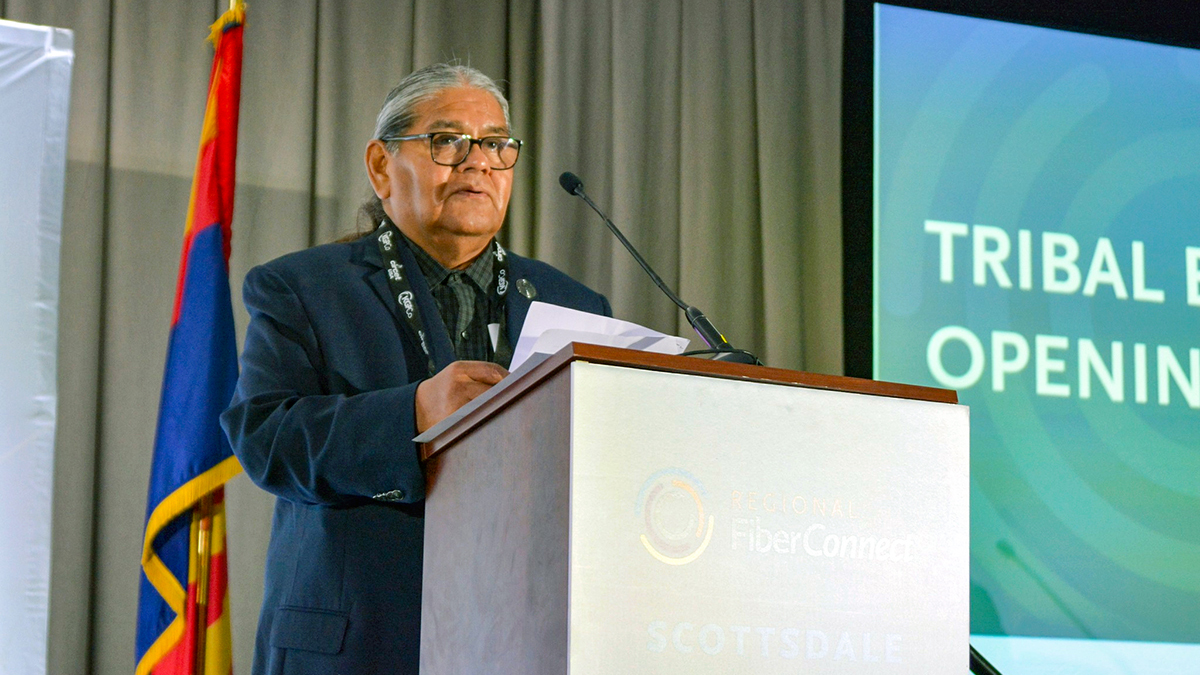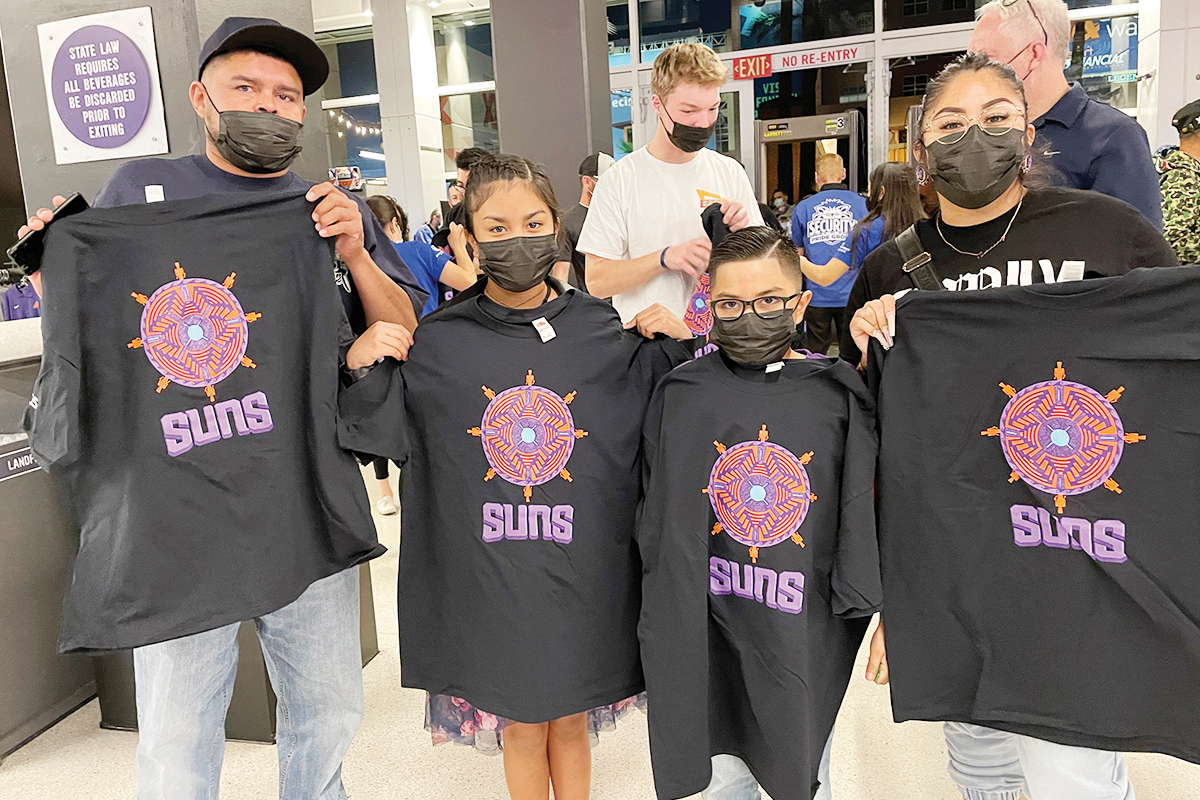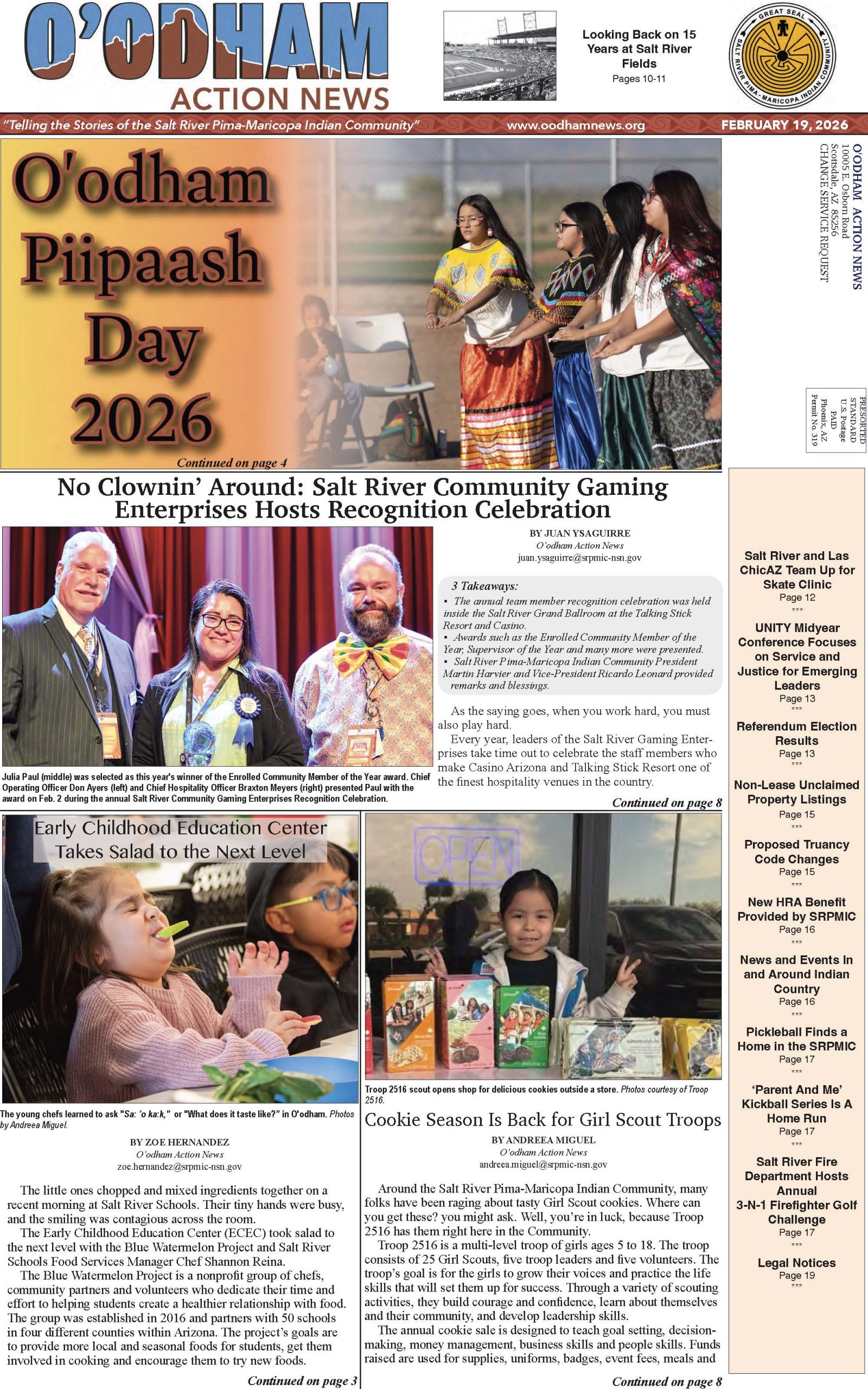VIEWS: 2131
March 13, 2024SRPMIC, Valley Municipalities Take Action on Unlawful Sober Living Homes
For the past few years, many sober living homes across the Valley that were meant to provide behavioral healthcare services for people experiencing problems with substance abuse have been operating illegally.
The Arizona Health Care Cost Containment System (AHCCCS, Arizona’s Medicaid insurance program) has determined that these sober living homes are often managed by unlicensed healthcare providers who have not followed through with promised services, leaving many individuals—a disproportionate number of them American Indians—in worse condition than when they arrived.
In many instances, the individuals were still able to abuse drugs while living in the homes, at the same time that the homes were billing the state of Arizona for providing outpatient behavioral health services.
According to Journey to Recovery (JTR) Practice Administrator Nathan “Nate” Velez, PhD, LPC, LASAC, as of February 27, approximately 92 Salt River Pima-Maricopa Indian Community members have been affected by the impact of the unlawful sober living homes.
Velez said that the SRPMIC JTR Program has begun the design of the expansion of their sober living home community with the recent approval of 3 additional sober living homes within the Community.
Two of the homes will begin construction in April and are scheduled to be ready for use by December. This will bring a total of 3 homes, one for women and two for men, with 24 beds total. According to Velez, a fourth home will be built with the next year or so after that, allowing for an additional 8 beds for a total of 32 beds.
Including the recently built Step To Empowerment Program (STEP) transitional homes, once the new homes are built, the Community will then offer 44 complete homes for reentry and sober living.

“Our JTR Continuum of Care has been extremely proactive in designing and launching all-inclusive options for members of the Community to stay home and experience a stable sober living home within our community,” said Velez.
When asked about what he believes could have been done to prevent the crisis in the first place, he said a more rigorous vetting of individuals and organizations launching homes and services could have been better provided, in addition to an annual review of levels of care, rates of reimbursement and credentialing.
“By doing so, a system of care review could have caught some inconsistencies within the field,” said Velez, who believes the need for care is at an all-time high. “I still believe what needs to be done is a system review of needs and an evaluation of the rates for care to include behavioral health residential facilities (BHRF), partial hospitalization programs (PHP), and intensive outpatient programs (IOP).”
The JTR Program’s recovery continuum includes detox, residential care, partial hospitalization, medication-assisted treatment, peer support and sober living, which Velez said puts the SRPMIC JTR Program on the cutting edge of self-sustainment.
Valley Municipalities’ Responses to Unlawful Sober Living Homes
In January, the Tempe City Council announced that it is exploring the development of several new tools to address sober living homes in Tempe to reduce victimization and protect neighborhoods.
“It’s imperative that we protect the most vulnerable in our community and ensure the health and safety of our neighborhoods. We must continue this important work and look at all potential tools that can help,” said Tempe Mayor Corey Woods.
These tools include the creation of a general business license, an ordinance to address excessive calls for service, and a new system to track problem properties, according to a press release from the City of Tempe. The release noted that the City of Surprise implemented this tool and has seen a drop in the number of fraudulent sober living providers.
Tempe put forth a resolution in September 2023 to acknowledge and take an active role in helping to fix the situation, which Navajo Nation President Buu Nygren declared a public state of emergency last year. The Navajo Nation launched Operation Rainbow Bridge in May 2023 to mobilize the Nation’s response to an estimated 5,000 to 7,000 tribal members who have been displaced or affected by the sober living home scandal.
City of Mesa Communications Director Ana Pereira told O’odham Action News that on October 2, 2023, Mesa Deputy City Manager Candace Cannistraro updated the Mesa City Council on the city’s response to reports of sober living homes and described possible actions Mesa has been considering to address the issue.
“Based on Council feedback, we have been highly engaged with the League of Arizona Cities and Towns in drafting S.B. 1361 and are working with all stakeholders to ensure the Arizona legislature addresses this pressing issue,” said Pereira. S.B. 1361 would regulate sober living homes and address their fraudulent billing practices with Medicaid (AHCCCS).
While there are unlicensed sober homes in the Valley, the City of Mesa points out that there are numerous licensed sober living homes throughout the city that are providing a stable and safe environment to those seeking sobriety.
Velez said that the JTR Program has successfully contracted with two independent sober living homes in Mesa that have been thoroughly vetted and contracted to support the Community’s needs in the interim.
O’odham Action News reached out to the City of Phoenix and Town of Gilbert to see what those municipalities are doing to help with the sober living home crisis, but no response was received by press time.
If you are a victim or aware of a victim of unlawful sober living homes, the state has set up a dedicated hotline for anyone who has been impacted. Call 211 and press 7 to report abuse or obtain more information.







